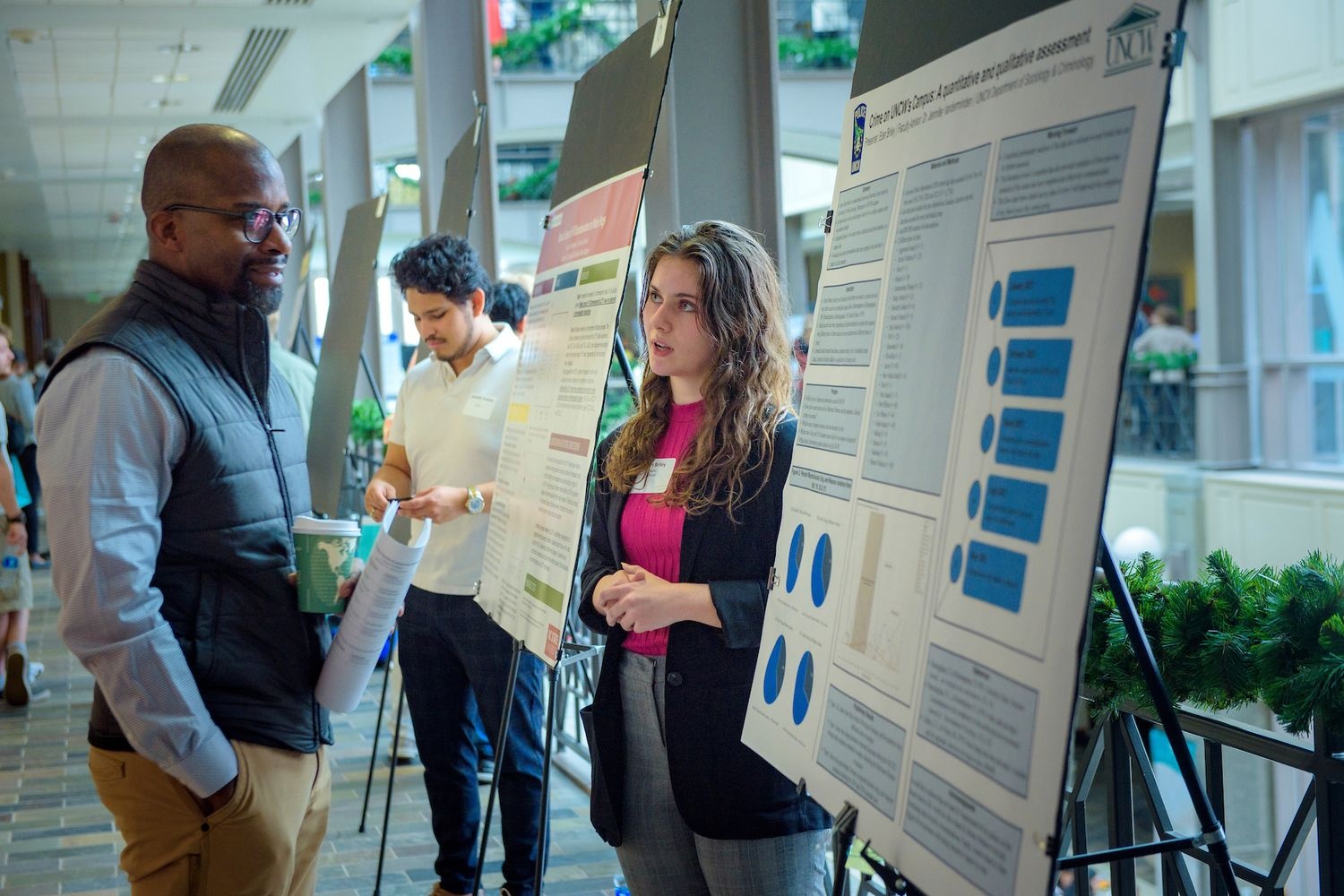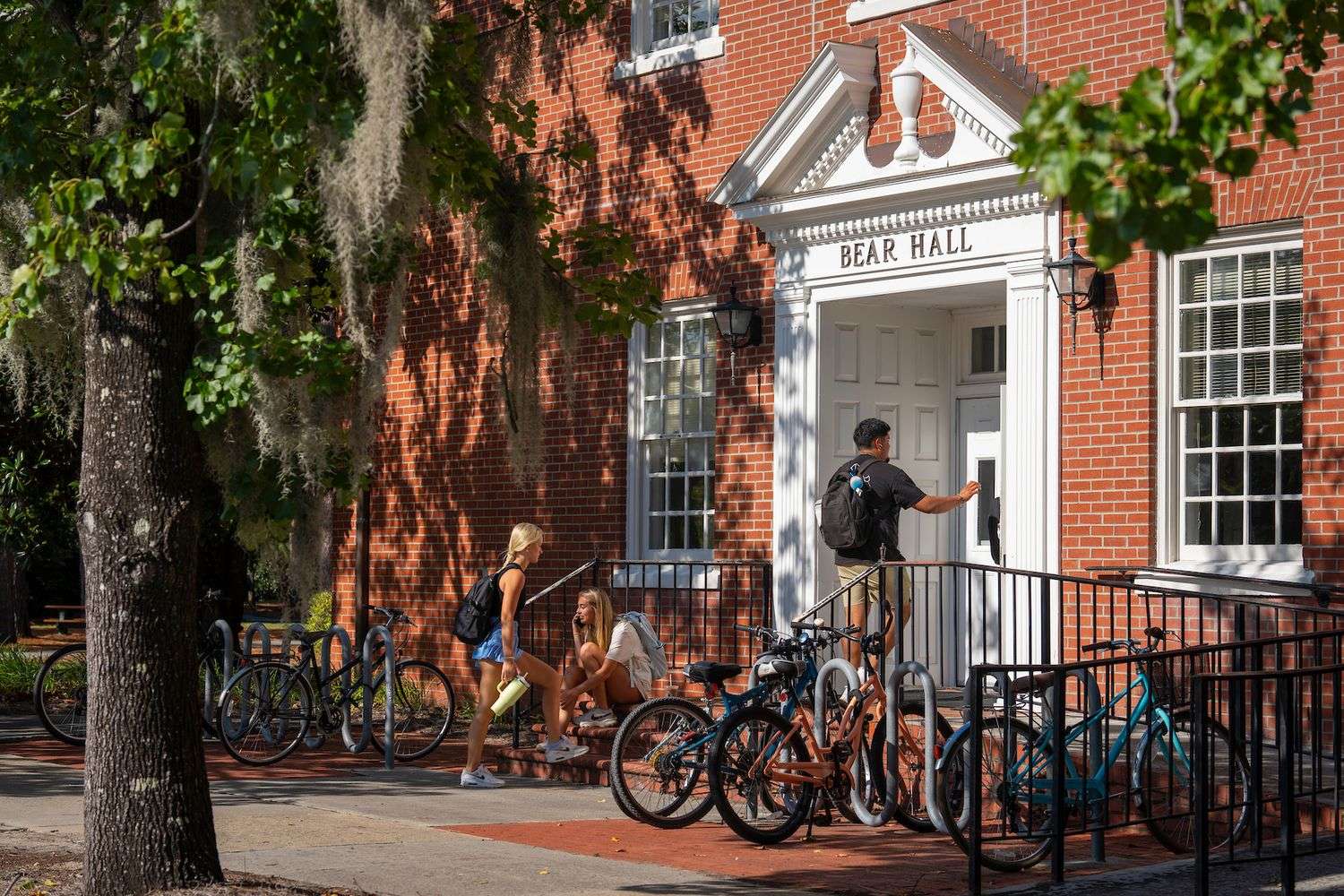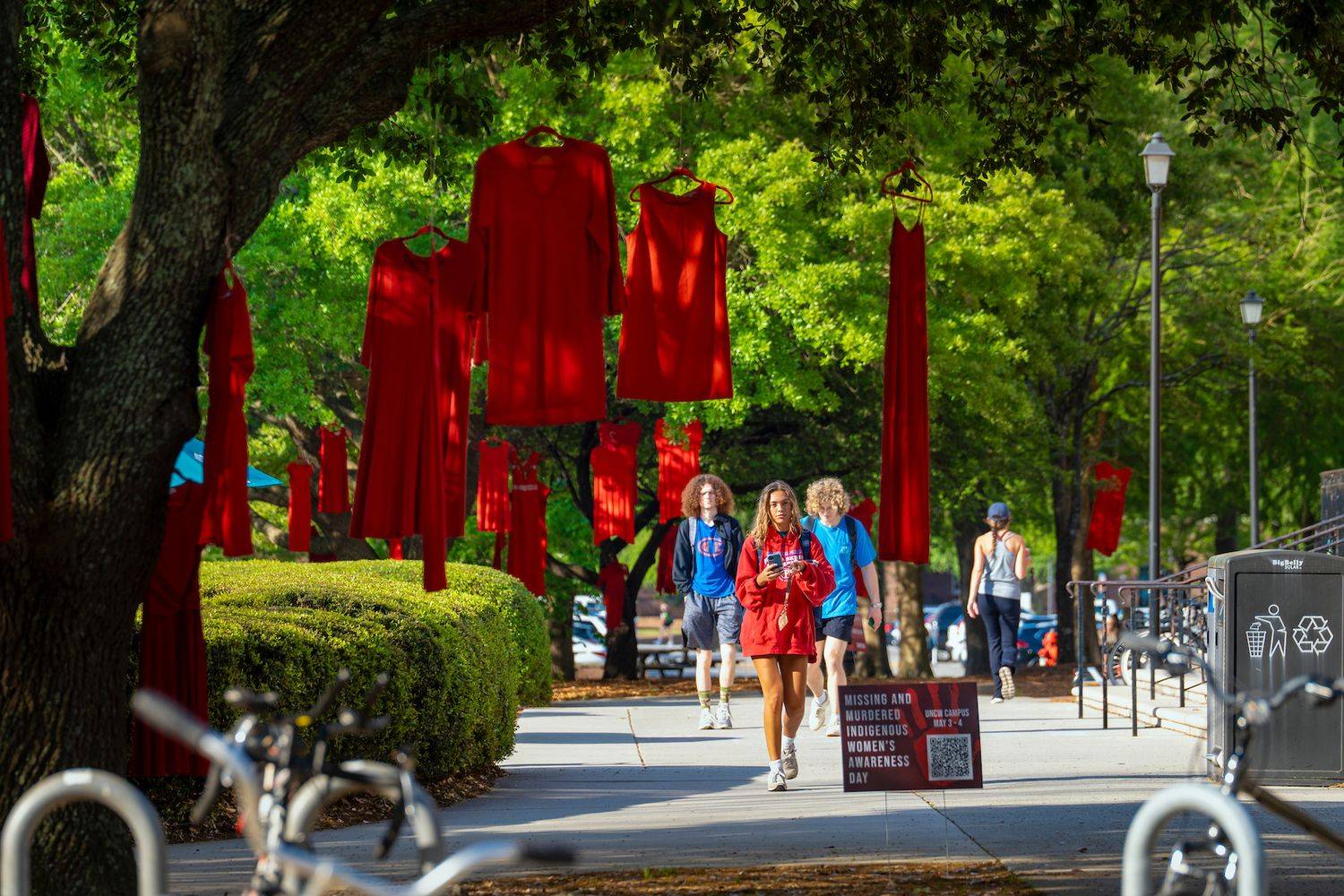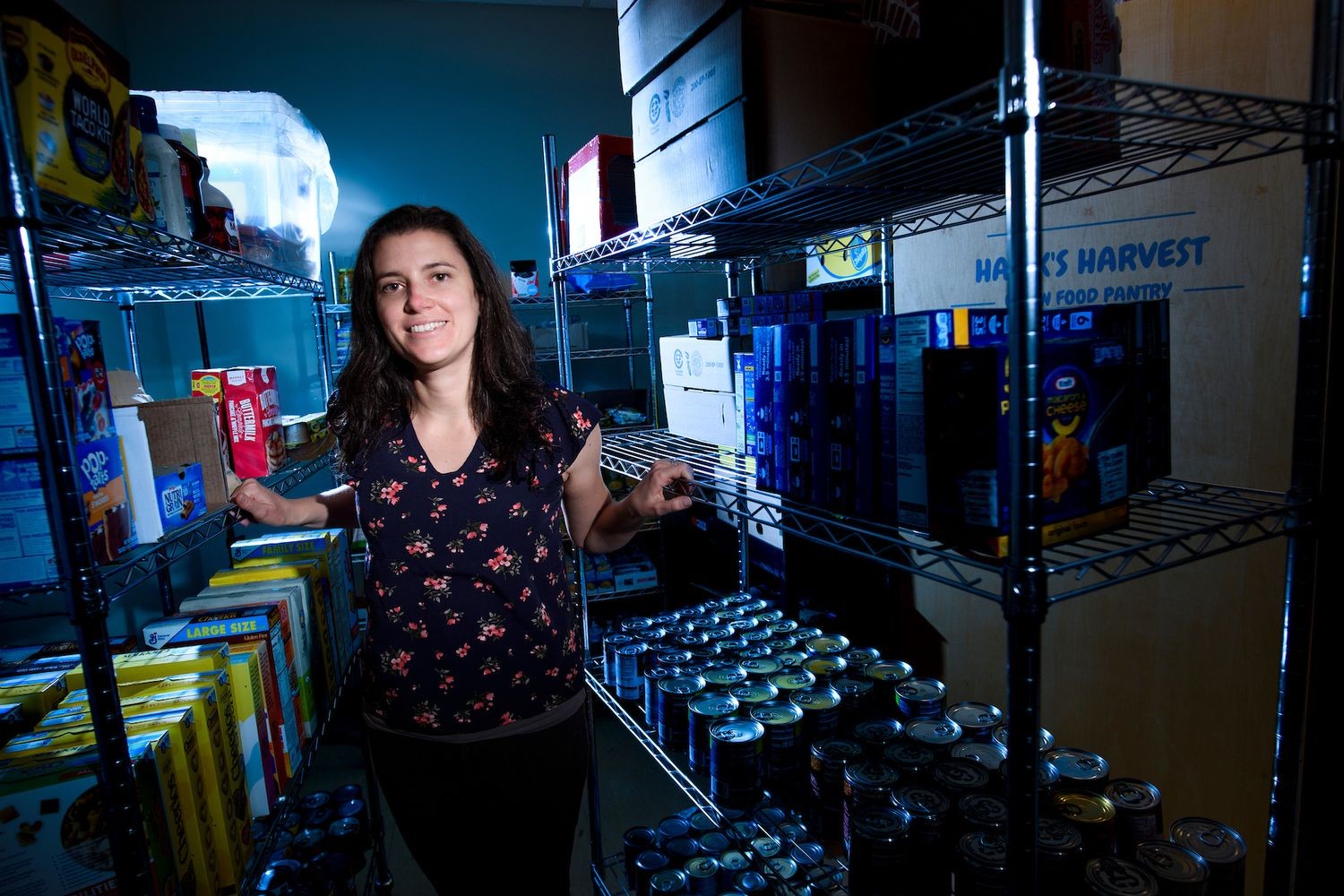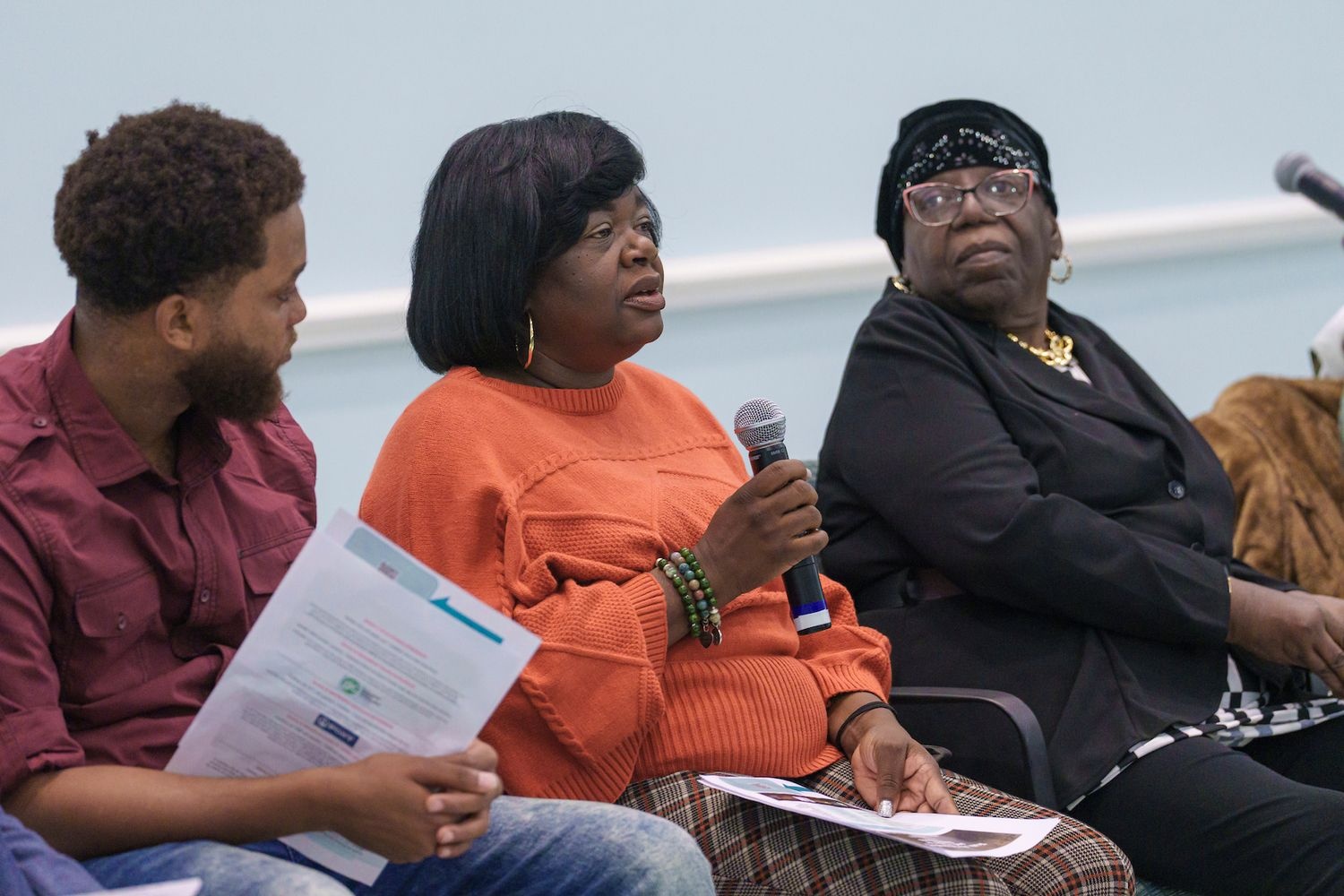Contact Us
Department of Sociology and Criminology
Phone: 910.962.3420
Fax: 910.962.7385
601 S. College Road, Bear Hall 207
Wilmington, NC 28403-5978
Alternate Phone: 910.962.3432
Administration Associates:
Stephanie Laughter & Kathy Parish



